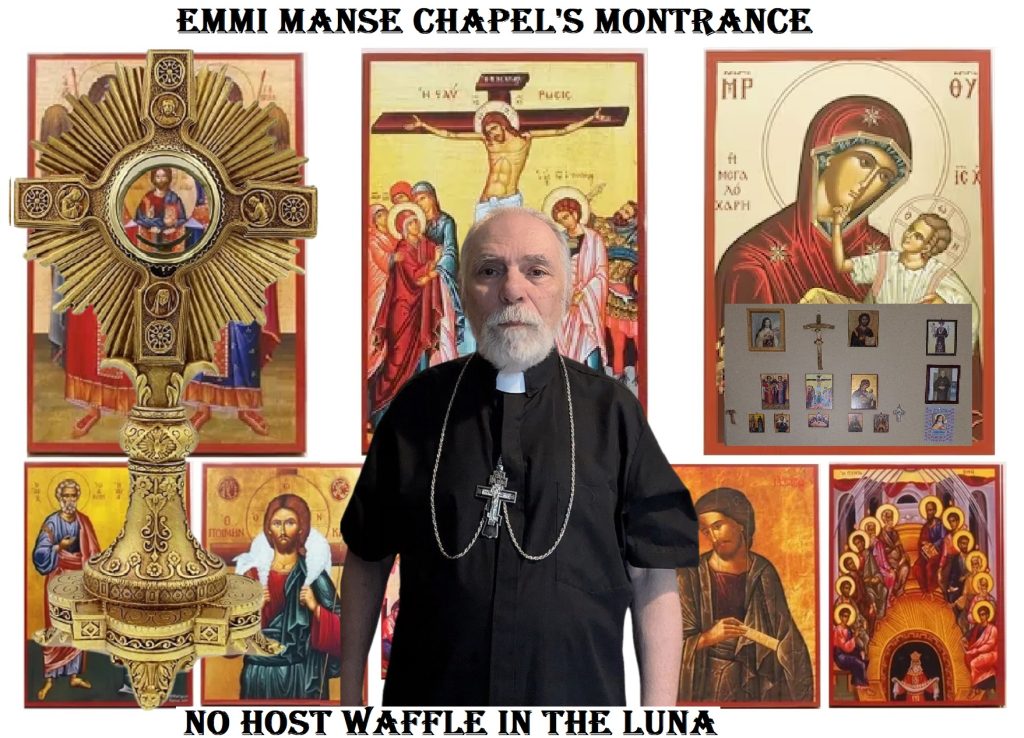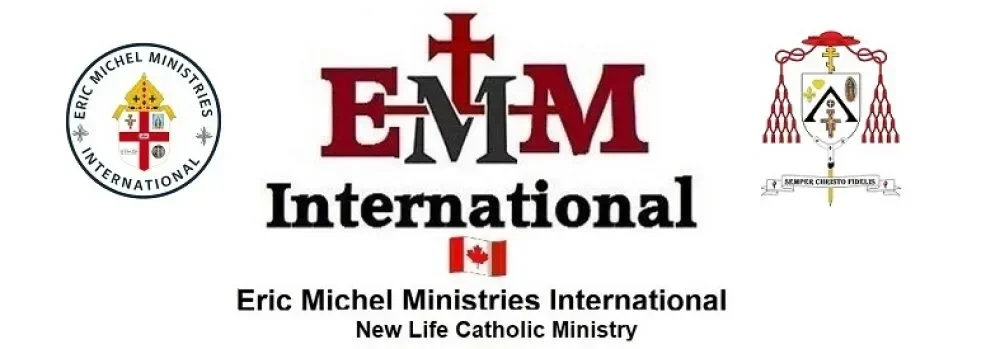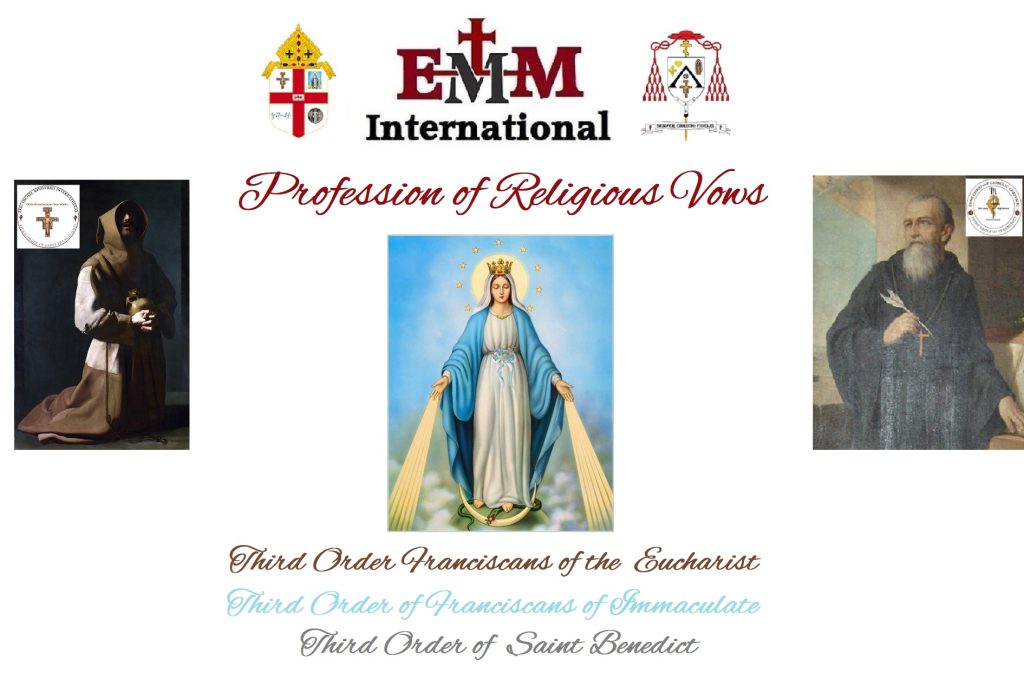
Vows of The Third Order of Eric Michel Ministries International
The Orders of EMMI are dispersed ecumenical Catholic (Roman, Orthodox, Anglican) communities similar to the older Third Order model, under which most members live their everyday life in the world. You may be male or female, married, partnered or single, clergy or lay. There is no discrimination of any sort, except for the requirement of being at least 18 years of age. Its purpose is to provide a canonical structure for those who wish to follow a Franciscan or Benedictine lifestyle. We do not live with other members.
The life style is founded on a common Rule at the heart of which is the promise to live in the spirit of poverty chastity and obedience and to strive for and seek to foster loyalty to one’s own denomination or expression of Christianity, simplicity of living, personal conversion, prayerfulness, devotion and discipleship to Christ trough Mary. Members must be required to formulate a personal interpretation of the common Rule in a way that is harmonious and fitting with their Christian tradition and life situation.
We do not use the Inquiry and Candidacy, novitiate, but you make temporary vows for a set period, which is renewed annually. This is a time of integrating into the community and preparing for a more permanent commitment. Permanent Vows: After the period of temporary vows, you can make your permanent vows, which are a lifetime commitment to live the gospel life according to the Order’s Rule. The Orders of EMMI consist of diverse ecumenical Catholic communities, including Roman, Orthodox, and Anglican members, resembling the traditional Third Order model. Members lead their everyday lives in the world and can be male or female, single, married, or partnered, and include both clergy and laypeople. The only requirement for membership is that individuals must be at least 18 years old.
The primary purpose of the Orders is to offer a structured framework for those wishing to embrace a Franciscan or Benedictine way of life. Living arrangements do not require members to reside with one another..
The Rule provides a structured daily routine, drawing inspiration from earlier Franciscan or Benedictine communities that were predominantly Roman Catholic, Orthodox or Anglican as ecumenical Catholics, we promote adaptability to fit individuals’ specific needs while ensuring adherence to their faith. The Order Membership is without cost, although individuals are responsible for their own necessities, such as books, a cross, or an approved habit.
Our community does not follow the traditional phases of Inquiry, Candidacy, or Novitiate. Instead, members make temporary vows for a designated period, which may be renewed annually.
The vows essential to the Order of EMMI were recently published on our website (here), outlining the commitments all friars must undertake. The process leading to permanent vows spans a minimum of 18 months to two years, followed by at least three years of temporary vows prior to taking final vows. This journey involves several stages, allowing members to adapt to the Order’s way of life comprehensively.
Is this an official Order? Yes, it operates under the protection of an autocephalous Chaplaincy Ministry within the historic apostolic succession.
Once individuals are fully informed about the obligations of the Order, they are formally invested with the Habit and may choose new names in honor of Saints or other significant aspects of their faith. The Metropolitan Archbishop is known within the community as Brother Michel of Notre Dame or Brother Michel. During the clothing ceremony, novices receive the EMMI habit, which signifies their commitment, including the Tau or a Cross, along with a suitable version of the Greater Habit as per their chosen Order.
The seven vows were published yesterday on our website, which all friars need to take. The time it takes to make permanent vows in our Third Order timeline involves a minimum of 18 months and up to two years, followed by temporary vows for at least three years before making final vows. The overall process is a long one, involving multiple stages of work.
The time it takes to make permanent vows in our Third Order timeline involves a minimum of 18 months and up to two years, followed by temporary vows for at least three years before making final vows. The overall process is a long one, involving multiple stages of adaptation to our Third Order way.
After being advised concerning the duties of the Order, they are clothed with the Habit, and ask to be given new names by which they are to be known in the Order (selected in honour of the Saints or some mystery of the Faith). The Metropolitan Archbishop is called Brother Michel of Notre Dame or Brother Michel in the community. At clothing, the novice will be invested in the EMMI habit, which is the Tau or a Cross, and be invested in a preferred variation of the Greater Habit according to the Order of choice.
The Rule and Constitution of the Orders of EMMI serve as the guiding documents for our community’s life and mission. The Rule outlines how we, as brothers and sisters, strive to live out the Christian life, and the Constitution guides how we, as a community, will live out our fellowship with one another. These documents will provide a very detailed look at who we are and how we live out the Catholic tradition. If you have any questions, feel free to contact us.
A vow is the deepest commitment one can make to live the EMMI Rule but it is NOT binding under pain of sin.
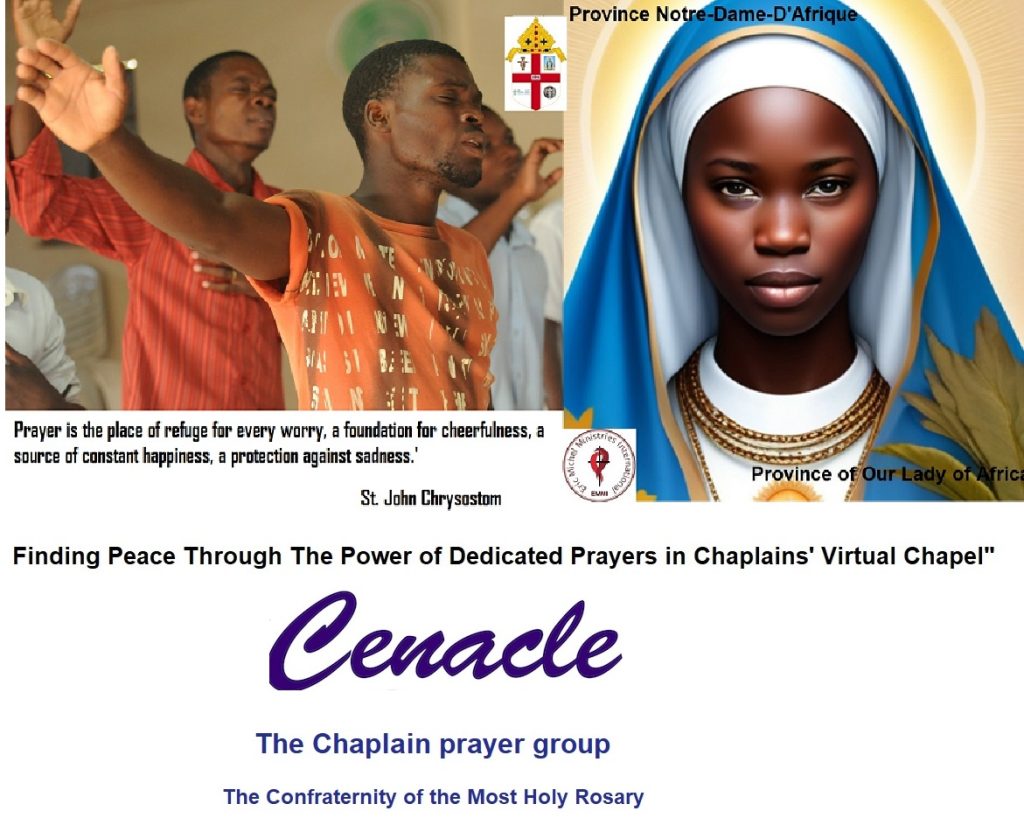
1) Prayer
Prayer serves as a powerful means of connecting with the Divine. Through sincere prayer, individuals can invite and express the attributes of Mercy, which is essential for personal spiritual growth and for fostering a compassionate world. It acts as a channel for reflection, gratitude, and an opening of the heart, allowing one to manifest divine qualities in daily life. By dedicating time to prayer, we can deepen our relationship with the Divine and encourage an environment of love and understanding among others.
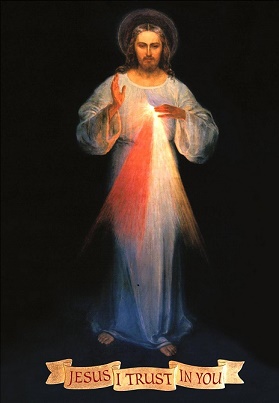
2) Mercy
The act of loving and propagating Divine Mercy involves recognizing and embodying the compassion and forgiveness that the Divine offers. It calls on individuals to extend this mercy to others, fostering an environment of kindness and understanding. This entails actively seeking to heal and support those who are suffering, marginalized, or in need, reminding us that by embracing mercy, we can play a role in transforming the world into a more loving and harmonious place.
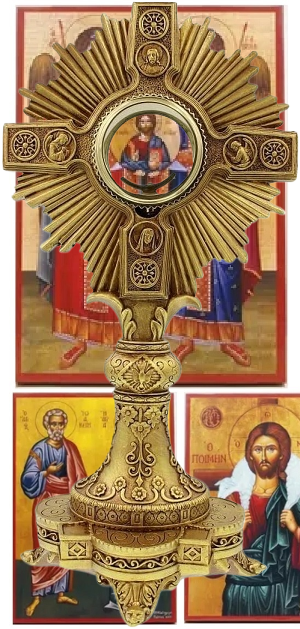
3) Adoration
Adoration focuses on the reverent appreciation of the Eucharistic Body of Christ, especially through the contemplation of the Blessed Sacrament. This act of worship encourages believers to pause in stillness, reflecting on the significance of the sacrament in their faith. It invites a deep connection and communion with God, allowing individuals to experience a profound sense of peace and love. In moments of adoration, one can find clarity and strength, enriching their spiritual life and relationship with God.

4) Humility
Humility is the quality of being meek and recognizing one’s position in relation to others and to the Divine. It involves placing the needs of others before one’s own, understanding that true strength lies in selflessness, rather than pride. By cultivating humility, individuals become more receptive to learning and growing, embracing the idea of being ‘nothing’ in the pursuit of being filled with the ‘All’—the essence of the Divine. This mindset encourages a deep sense of community, fostering compassion and collaboration.

5) Unconditional Service
Unconditional service is the commitment to being available and responsive to the needs of others without expectation or personal gain. It involves recognizing the opportunities presented by the universe to learn and grow through acts of giving. This selfless approach allows individuals to discover their purpose and express their love through action. By engaging in service, one experiences fulfillment and connection, realizing that their contributions are integral to the greater Work of God. The soul flourishes in service, finding meaning and joy in selflessness.

6) Obedience
Obedience is the act of surrendering one’s personal will to align with the Will of God. It is an essential aspect of spiritual life that requires humility, trust, and recognition of a higher purpose. By adhering to the Law of Hierarchy, individuals embrace the guidance and wisdom that come from recognizing a divine order in life. This willingness to submit to a higher authority nurtures spiritual growth and cohesion within a community or friary, while disobedience can lead to discord and spiritual suffering. Recognizing obedience as a central pillar reinforces commitment to a life dedicated to divine service and harmony

7) Chastity
Marital chastity consists of exclusive fidelity and a relationship of love and mutual respect, where sexual activity is reserved for the couple’s intimacy. This concept goes beyond the purely sexual aspect, including respect, compassion, and a commitment not to see each other as someone to be “possessed.” It also involves maintaining an appropriate distance in relationships with others.
Worship contains prayers, merci, adoration, service.
